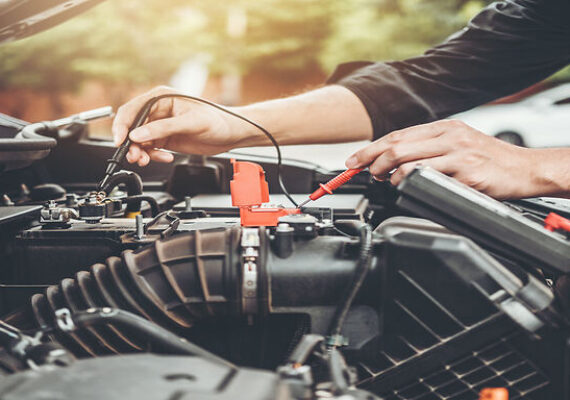Purchasing a used car is a great way to find a vehicle that suits your needs while keeping costs down. However, there are several important factors to consider before buying a used car. Here’s a guide on what to pay attention to when buying a used car:
- Determine Your Budget
Start by determining how much you’re willing to spend and aim to stick to this budget. Consider not only the purchase price but also additional costs such as insurance, taxes, fuel, and maintenance when buying a used car.
- Define Your Needs
Before buying a car, clearly define your needs. What will the vehicle be used for? Is it for family transportation, long-distance travel, or just daily commuting? These considerations will help you determine the type, size, and features of the car you need.
- Do Your Research
Start researching the used car market. Learn which makes and models fit your budget and best meet your needs. Look into consumer reviews and reliability reports for cars you’re interested in.
- Check the Vehicle History
Learning about a car’s history can help you identify potential issues. Try to obtain information about the car’s service history, accident history, and ownership history. This information will give you insight into the car’s condition.
- Take a Test Drive
Your initial impressions of a car are formed during a test drive. Test-driving a car allows you to evaluate ride comfort, steering responsiveness, and noise levels. Also, ensure that the brakes and gear shifting mechanism are functioning properly.
- Get a Professional Inspection
Before finalizing the purchase, have a professional mechanic conduct a thorough inspection of the vehicle. A professional inspection can reveal the car’s mechanical condition and any potential problems.
- Review the Documents
Check all necessary documents and paperwork when buying a used car. Examine the car’s title, maintenance records, and warranty documents if applicable. Additionally, ensure the car has a valid emissions certificate.
- Research the Seller
Do some research on the reputation and history of the seller. Buying from a trustworthy and reputable seller can help prevent potential issues down the road.
- Determine Insurance Costs
Find out the insurance costs associated with the car you plan to purchase. Insurance premiums for used cars can vary, so be sure to consider this aspect of ownership.
Buying a used car requires careful consideration and knowledge to find the right vehicle and avoid potential problems. By following this guide, you can make an informed decision and find the perfect used car that fits your needs and budget.







